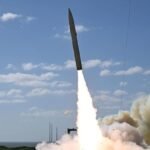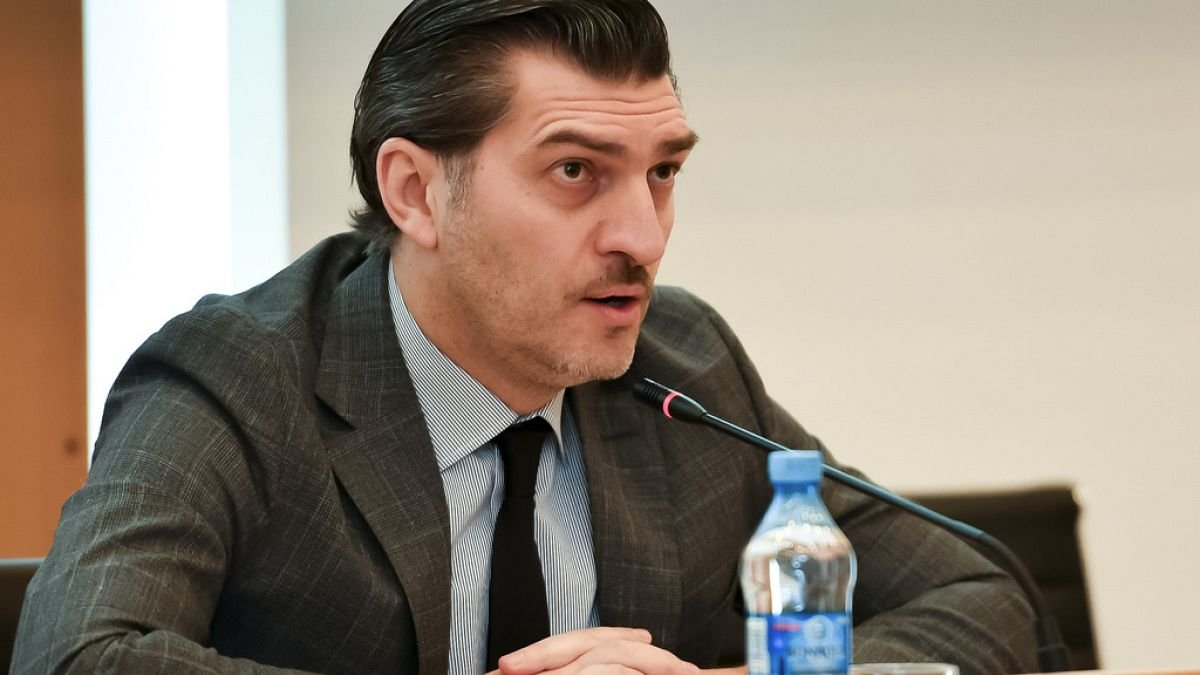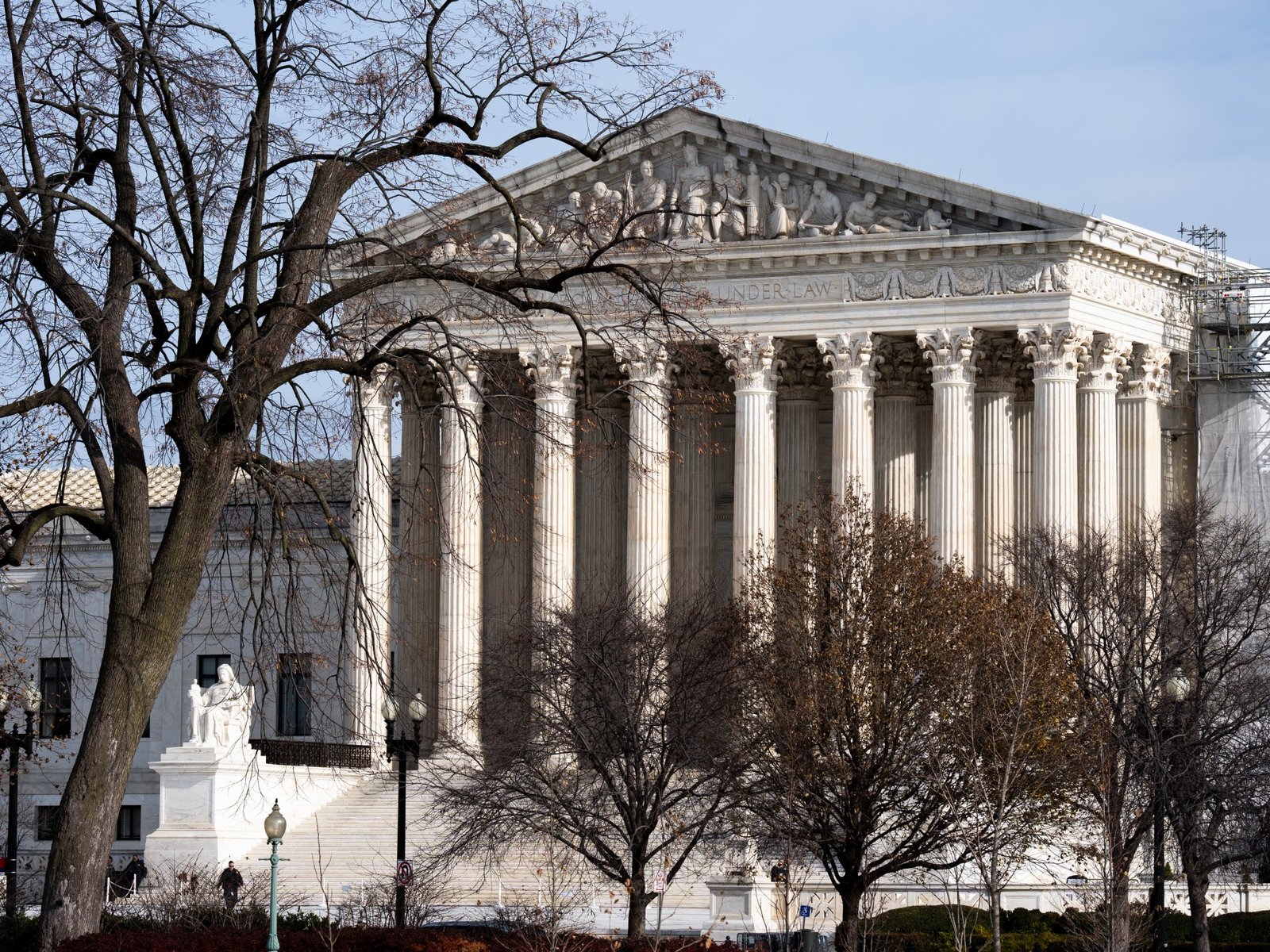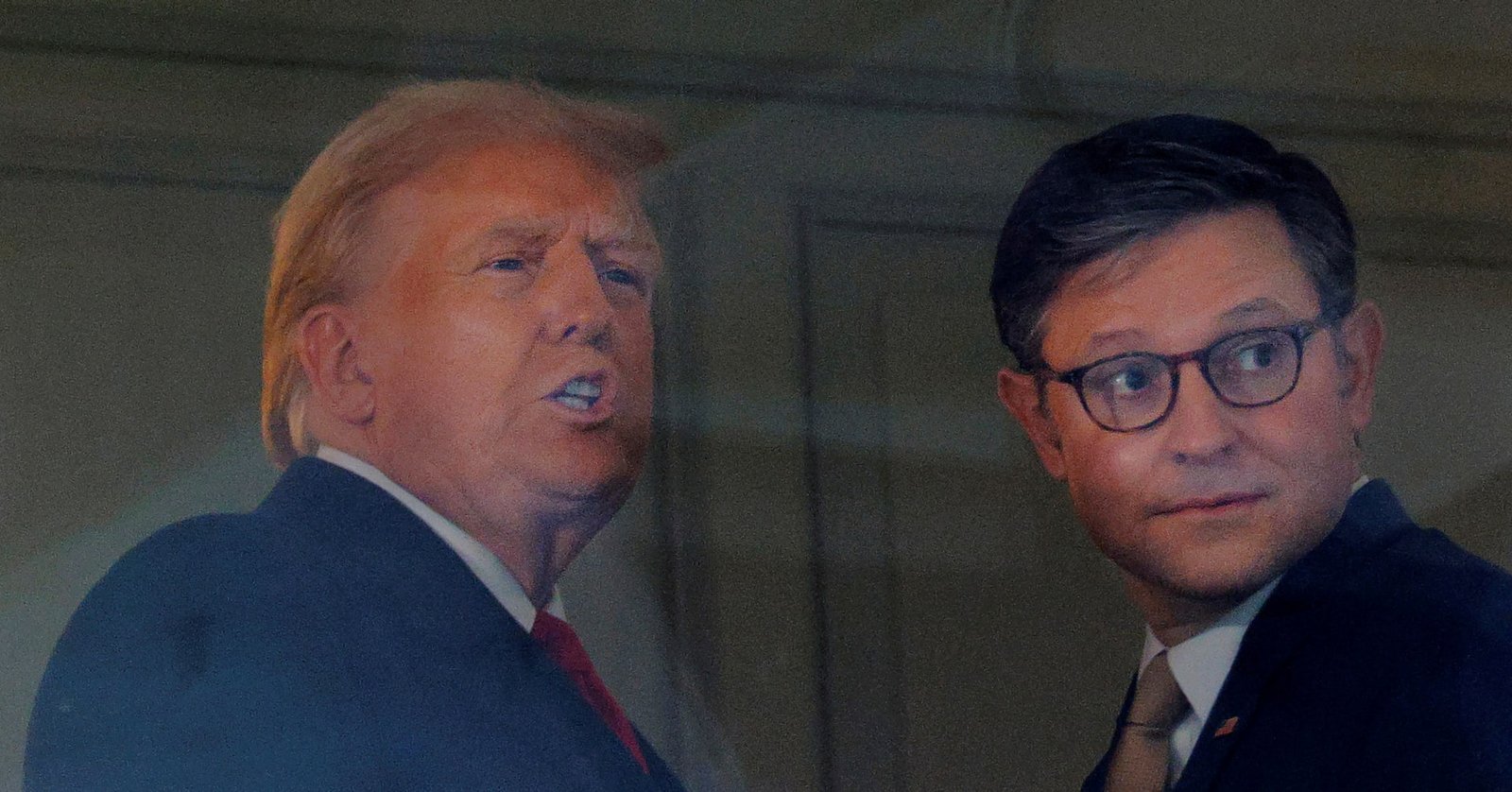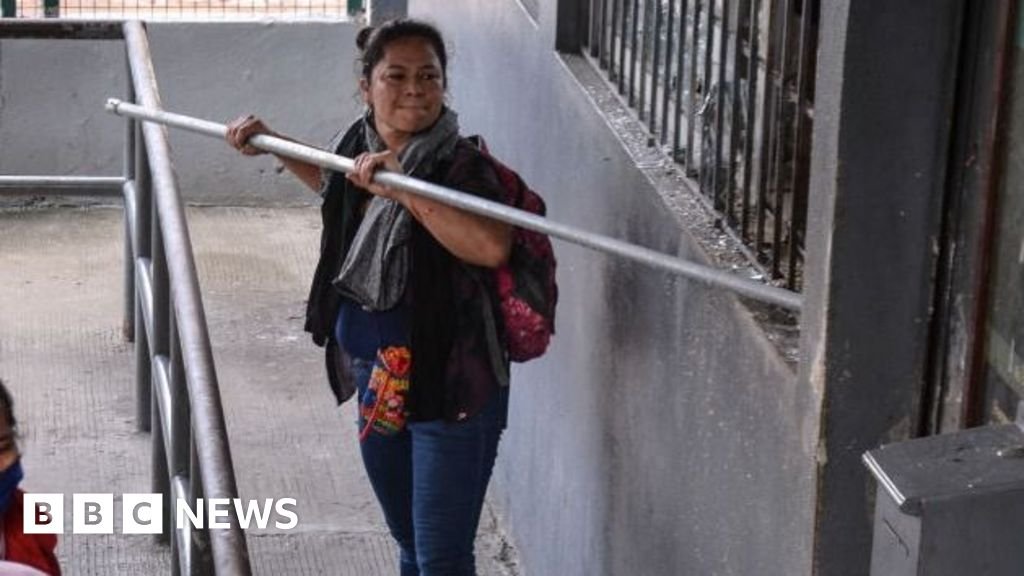It was a straightforward victory for Kavelashvili given the Georgian Dream party’s control of a 300-seat electoral college that replaced direct presidential elections in 2017.
Former football player Mikheil Kavelashvili became president of Georgia on Saturday, as the ruling party tightens its grip in what the opposition has called a blow to the country’s EU aspirations and a victory for former imperial ruler Russia.
It was a straightforward victory for Kavelashvili, 53, given the Georgian Dream party’s dominance in the 300-seat electoral college that replaced direct presidential elections in 2017.
Georgian Dream retained control of parliament in the South Caucasus nation in an election on 26 October that the opposition claims was rigged with Russia’s help.
Georgia’s outgoing president, Salome Zourabichivili, and the country’s main pro-Western parties subsequently boycotted parliamentary sessions and demanded a re-runof the ballot.
Georgian Dream’s decision last month to suspend the country’s accession process to join the European Union until 2028 caused outrage among the opposition and has led to large-scale protests. On its part, Georgian Dream has vowed to continue pushing toward EU accession but also wants to “reset” ties with Russia.
Georgian Dream was established by Bidzina Ivanishvili, a billionaire who made his fortune in Russia. The party has been accused of becoming increasingly authoritarian and tilted toward Moscow, accusations which it denies. Nevertheless, it has recently passed laws that crack down on freedom of speech as well as LGBTQ+ rights, in a similar vein to Russia.
Pro-Western Salome Zourabichvili has been president since 2018 and has vowed to stay on after her six-year term ends Monday, describing herself as the only legitimate leader until a new election is held.
Georgian Dream’s decision last month to suspend talks on their country’s bid to join the European Union added to the opposition’s outrage and galvanized protests.
In 2008 Russia fought a brief war with Georgia, which led to Moscow’s recognition of two breakaway regions as independent, and an increase in the Russian military presence in South Ossetia and Abkhazia.
This is a developing news story and will be updated as more news comes in











